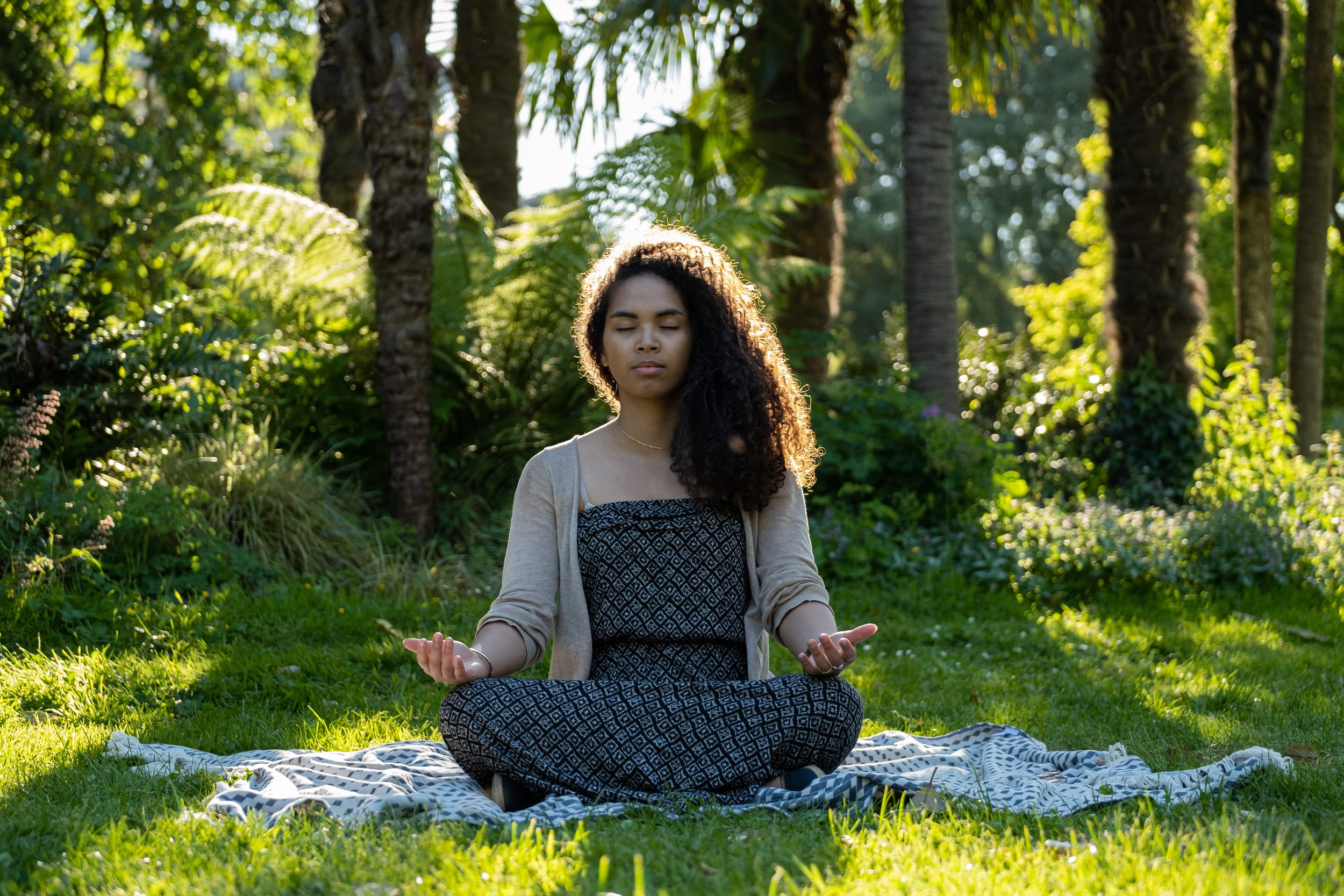Blog Post One
In the modern world ‘mental health’ and ‘stress’ are often talked about as some of the biggest challenges western countries are facing. There is certainly a growing propensity to diagnose people with one or other form of mental health disorder. In many ways the debate has become very confused. Indeed, Mental health professionals often hold very different opinions about the issues. Is it a chemical imbalance in the brain, the result of childhood trauma or both? Is being stressed and anxious about life events a mental health problem?
As a clinical psychologist with many years working with people struggling with their mental health, I thought I would share some of my reflections on these issues.
Mental health is an unusual specialism in the world of health care. For a start there is no truly objective diagnostic test of any mental health condition. All diagnoses are arrived at through the opinion of a professional. And as a result, there is a lot of subjectivity involved. Despite years of research there are still no clear physical markers of any mental health condition.
What we do have is a lot of research showing a strong connection between stress and mental health difficulties.
In fact, the issue of stress is an interesting one. The public debate about stress most often frames it as ‘bad’ and detrimental to our health. Yet it isn’t really that simple. The reality is that stress is not necessarily bad for us at all. In fact, manageable stress (that we are able to overcome) is arguably what builds our sense of mastery and competence and if we think about it, any achievement in life comes from overcoming obstacles.
Developing a skill, passing our exams, fixing up our houses/cars/lives/etc. These are all stressful challenges but more importantly they are manageable obstacles that can be overcome and give us a sense of achievement and success.
The problem with stress is when it is unmanageable, out of our control and defeating. Indeed, for many years there has been a very strong evidence base showing the connection between exposure to unmanageable stress and the development of health problems. Perhaps one of the most compelling is the research around Adverse Childhood Experiences (ACEs) which shows startlingly high correlations between adverse/traumatic experiences in childhood and mental health problems and addictions later in life (as well as lower but still highly significant correlations with physical health conditions). Chronic traumatic stress is definitely not good for us.
So, if we feel stressed, we would do well to stop for a second and muse over the kind of stress we are dealing with. Is it the ‘OK’ or the ‘not OK’ kind? It is important not to confuse the two, although admittedly the dividing line is not always as clear as we’d like it to be and can vary from person to person. If you’re struggling to decide, imagine you are advising a friend (rather than yourself) …. What would you say? If you decide it is the ‘not OK’ type then all your effort should go into getting away from it.
But let’s put traumatic stress aside and think a bit about regular ‘OK’ stress. Where does it come from?
In my experience it often starts with external challenges that lead to internal reactions. In some way an external event threatens or challenges us and this stirs up mental and emotional reactions within us. Indeed, at times, these internal reactions can become a bigger problem than the events that sparked them. This is the kind of stress that I think a lot of people know all too well and struggle with. If they become chronic these internal machinations can grind us down and become a real issue. The problem here then becomes that chronic ‘OK’ stress is still chronic stress, and this is not good for us.
“The arrow in your mind is more dangerous than the one in your arm”
And if we didn’t have these internal reactions going on and taking up our time and energy just think how much easier it would be to deal with the event or obstacle that we are actually facing.
The next obvious step would then seem to be to see if we can find, or create, a space within ourselves that is free from these internal reactions?
This is exactly what meditation is aimed at and helps us to develop within ourselves. A space free of internal reaction, and therefore stress. It takes practice like anything in life (you have to let it develop within you) but if you sprout the seed, it will grow as long as you water it. We are so used to thinking and reacting that it takes a while to learn how to let it stop. But there is a space between our thoughts and it is this space that meditation can help us learn to find and focus on. It is perhaps one of the most important spaces in our lives.
Being able to find this space within us not only frees us from any internal thoughts or feelings that are troubling us but it also prevents us creating new reactions to events in our lives. How often do we look at something and react internally? Even if it is as innocent as ‘ I want one of those’. How much easier would life be if we just saw what we are looking at?? What else might we use our energies for if we weren’t dealing with all these reactions?
This space can also help with the ‘not OK’ stress as well, it’s just that with ‘not OK’ stress it is important to do other things as well, in order to get the ‘not OK’ things out of your life.
Does this sound interesting? If so, the good news is that the eMpower website is dedicated to helping you on this journey. We hope you enjoy it.
